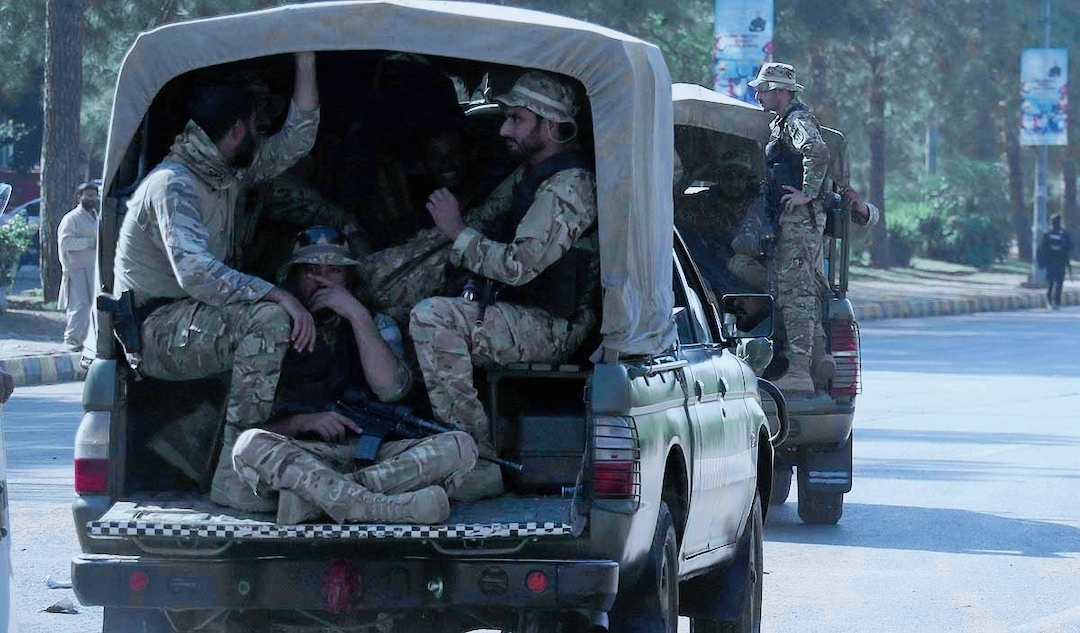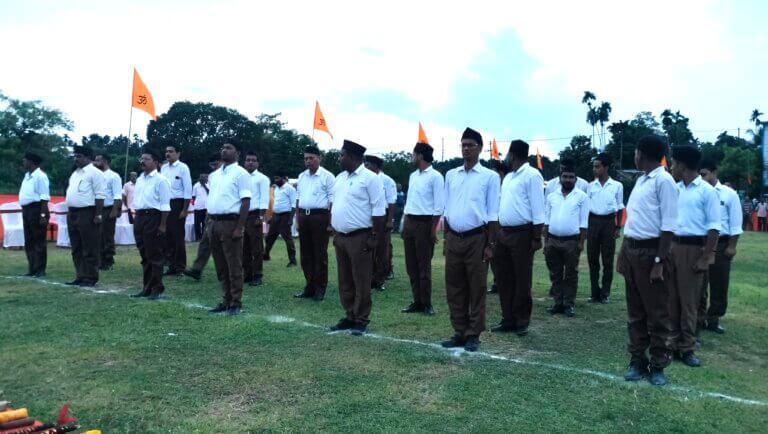
Oplus_131072
Correspondent Anupam Pal: The uniforms that were once stained with blood are now set to step on the soil of Padma in the guise of trainers. The country that was born out of oppression and bloodshed is now inviting its former adversary. The Pakistani military, whose atrocities in March 1971 initiated Operation Searchlight, is once again set to enter Bangladeshi territory.
This new chapter of military relations with Pakistan feels like a deep wound to the memory of Bangladesh’s Liberation War. It is as if the nation is denying its own painful past.
Starting this February, military training programs will commence at the Mymensingh Cantonment under the supervision of Pakistani forces. The first phase is expected to last a year, following which the program will be extended to 10 different military commands across the country. Experts fear that this training is not only military but also carries significant strategic and political implications.
Simultaneously, Bangladesh’s imports of military equipment from Pakistan have surged drastically. Compared to 2023, Bangladesh has tripled its imports of ammunition, explosives, and even tank shells. Such closeness with Islamabad affects not only internal security but also regional stability.
Indian defense experts are alarmed by this growing Bangladesh-Pakistan alliance, viewing it as a harbinger of trouble. The Siliguri Corridor, also known as the Chicken’s Neck, holds immense strategic importance for India. It is suspected that Pakistan could leverage Bangladesh’s geographical position to sever India’s northeastern states from its mainland.
Moreover, intelligence agencies are not ruling out the possibility of Rohingyas being trained for terrorism on Bangladeshi soil. Allegations suggest that Pakistan’s intelligence agency, ISI, is actively fostering extremism within Bangladesh.
It is not just Pakistan; Bangladesh’s interim government is also increasing tensions with Russia. The ongoing Rooppur Nuclear Power Plant project, initiated with Russian support during Sheikh Hasina’s tenure, is now under scrutiny for corruption allegations. Moscow is reportedly displeased, with Russian state-owned company Rosatom denying any basis for these allegations.
The memories of 1971 still haunt. The barbarity of Operation Searchlight, the massacre of 3 million innocent people under the command of Tikka Khan, and the violation of countless women’s dignity remain indelibly etched in history. Yet, the same military is now being invited to train Bangladesh’s armed forces.
This decision by the nation that achieved independence under the leadership of Bangabandhu Sheikh Mujibur Rahman feels like a betrayal of that struggle and sacrifice.
Defense analysts warn that this rekindled alliance in South Asia’s geopolitics signals deep instability. Pakistan’s strategies, the current leadership shifts in Bangladesh, and emerging strategic challenges for India—all point to a looming dark future.
The presence of Pakistani troops on Bangladeshi soil is not merely a military training program. It is a profound irony of history and a reawakening of bloodstained memories.



